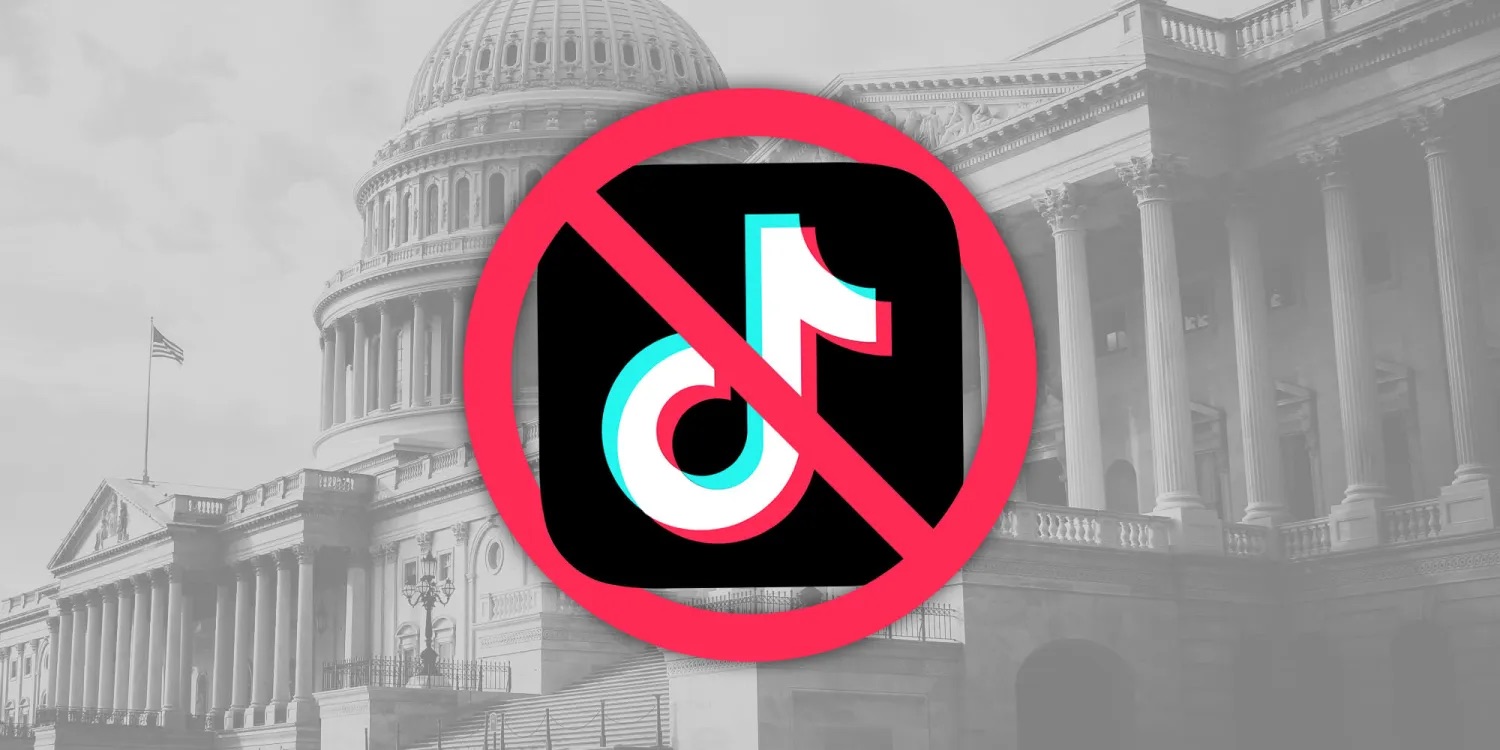
The infamous TikTok algorithm, which has been accused of taking users into dangerous rabbit holes, could be shared with US officials, says the company. TikTok owner ByteDance is hoping that the offer of transparency will fend off further bans of the Chinese video sharing app.
Not everyone is convinced that the offer goes far enough, however …
The TikTok algorithm
The TikTok algorithm – the way in which the app creates personalized video feeds for each user – has been one of the company’s most closely-guarded secrets.
The company has so far said only that the app uses four signals:
- What you watch
- Which videos you like
- Which ones you share
- Who you follow
But investigations have shown that the main signal appeared to be how long you spend watching particular types of content – and the app quickly focuses on showing you as much similar content as possible, however unhealthy or harmful it may be. ByteDance subsequently said that it was working to reduce this effect.
It’s also been suggested that the Chinese government could order ByteDance to show content to US users which is designed to interfere with American politics.
Transparency offer
ByteDance has responded by offering to allow a US company, Oracle, review the code driving its algorithm, as the WSJ reports.
TikTok says it has devised a plan that would allow U.S. officials to check whether its proprietary algorithm—the secret sauce of computer code that recommends videos to users—was being influenced by Beijing […]
A TikTok spokeswoman said the company’s proposal “includes layers of government and independent oversight to ensure that there are no backdoors into TikTok that could be used to access data or manipulate content on the platform.”
But some think that it’s too complex for such a simple-sounding solution to work.
That arrangement faces practical difficulties, according to some U.S. officials and independent researchers, who say that determining why the algorithm promotes or demotes content is a complex task that often doesn’t yield clear answers.
“It is, technically, really hard,” said Sen. Mark Warner (D., Va.), chair of the Senate Intelligence Committee.
Cybersecurity concerns remain
Even if the algorithm could be understood, it’s cybersecurity concerns that have received the most attention: fears about the personal data of US citizens ending up in the hands of the Chinese government. This has already led the app to be banned from federal government devices, with more than half of US states imposing equivalent rules for their devices.
Another member of the Senate Intelligence Committee, Sen. Michael Bennet, has called on both Apple and Google to remove TikTok from their respective app stores. This echoes a call from the FCC commissioner last year.
FTC: We use income earning auto affiliate links. More.






Comments